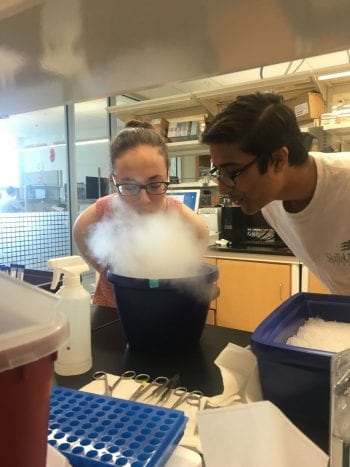The Hirbe Lab is a passionate group of clinicians and scientists working collaboratively with many labs. We use our diverse talents to address a broad range of questions regarding sarcoma biology, especially as it relates to understanding MPNSTs and clinically relevant therapies. Read below to find out more about each person!
Xiaochun Zhang
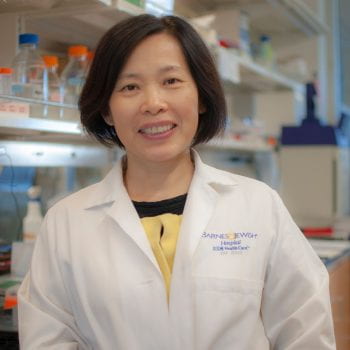
LAB MANAGER
Beginning in 1997, I was doing research on the role of p53, and p16 in non-small cell lung cancer (NSCLC) at Nanchang University in China. When I arrived at Washington University in 2000, I started working on projects on neurodegeneration and cell migration. I then moved on to the Siteman Cancer Tissue Procurement core facility and collaborated with more than 100 cancer research groups. While there, we teamed up with the Genomic Institute of Washington University and I started collaborating with Dr. Angela Hirbe. Together I helped her study MPNSTs to better understand the pathogenesis and the biomarkers of the MPNSTs diagnosis and therapy. I’ve been with Dr. Hirbe’s team since September 2016 as a Staff Scientist. My research interests are in the identified BetaIII-spectrin protein as a frequently mutated gene in human MPNSTs, whose function is critical for mouse MPNST growth in vivo and as a potential diagnostic and prognostic marker for MPNST development and progression.
Dana Borcherding
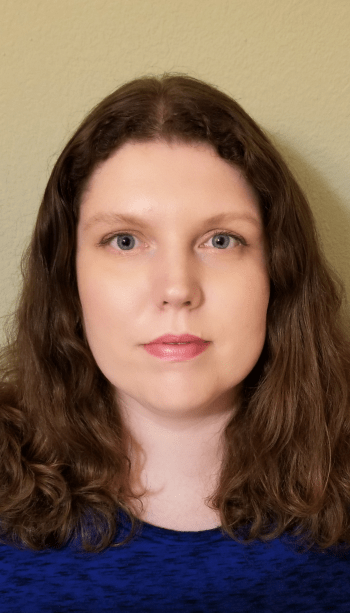
SENIOR SCIENTIST
My research project investigates the role of TYK2 in the pathogenesis of malignant peripheral nerve sheath tumors (MPNST), aggressive sarcomas with poor prognosis. Composed of neoplastic Schwann cells, these cancers recur in ~50% of individuals, and most people die within five years of diagnosis, despite surgical resection, radiation, and chemotherapy. Thus, there is an urgent need to identify novel therapeutic targets. Prior work from our laboratory identified TYK2 genetic mutations in a subset of MPNSTs and showed that knockdown of the TYK2 gene in MPNST cell lines decreases proliferation and increases apoptosis in vitro. Furthermore, genetic knockdown of TYK2 in murine MPNST cells resulted in decreased tumor burden of subcutaneous and metastatic tumor models. The goals of my project are to determine the molecular mechanisms of TYK2 action in MPNST cells and whether TYK2 is a prognostic biomarker for MPNST in patient tumor samples. My project will also evaluate the pharmacologic inhibition of TYK2 in MPNST in mice. Additionally, I am involved in the development of clinical and genomic databases for patients with MPNST and other sarcomas. The overall aim of my studies is to develop more efficacious therapeutic options for patients with MPNST to improve patient outcomes and survival.
Yang Lyu
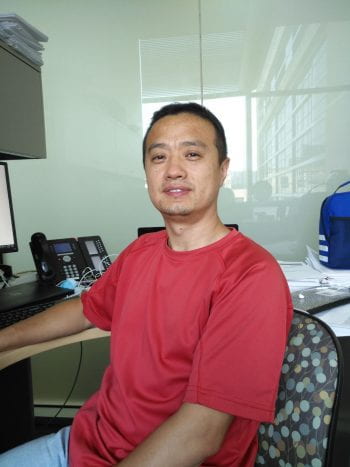
STAFF SCIENTIST
I got my PhD degree in nephrology in 2010, China. In 2018, I moved to Washington University in Saint Louis, starting my single-cell research and bioinformatics work here.
I specialize in NGS data analysis, including tumor microenvironment analysis. I am currently investigating how to apply bioinformatics in tumor-precise therapies.
Simge Acar
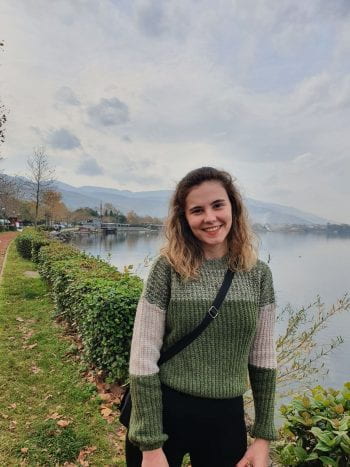
POSTDOCTORAL RESEARCH FELLOW
I graduated from Koç University School of Medicine in Istanbul, Turkey, and joined Hirbe Lab. My research project investigates altered transcriptome and proteome that occur in cells with chromosome 8q gain. Chr8 gain was identified as a near-universal event in MPNST and is associated with poor overall survival. With a deeper understanding of the molecular pathogenesis of MPNST, and how Chr8 gain alters the biology of MPNST, we hope to uncover new opportunities for the development of novel therapeutic strategies that may improve clinical outcomes.
Gorkem Oztosun
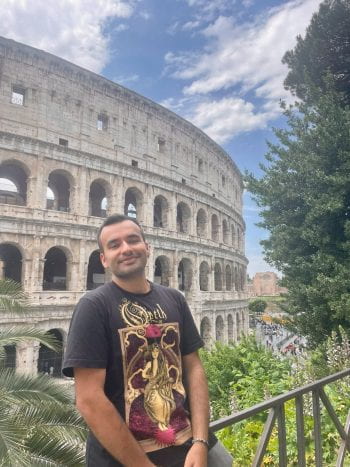
POSTDOCTORAL RESEARCH FELLOW
I joined the Hirbe Lab after graduating from Cukurova University School of Medicine in Adana, Turkey. MPNST (Malignant Peripheral Nerve Sheath Tumor) is a rare but aggressive cancer observed in neurofibromatosis type-1 patients. Studies have indicated that chromosome 8 gain is present in over 80% of MPNST cases, leading to a poor prognosis. Currently, surgical resection is the only curative treatment for MPNST. My research project focuses on gaining a better understanding of the molecular pathogenesis of MPNST and examining the effects of chromosome 8 gain on MPNST in greater detail. In this topic, which holds many undiscovered details, our aim is to shed light on the information we uncover, both to improve our understanding of the disease and to provide clinical benefits.
Guangfeng Wang
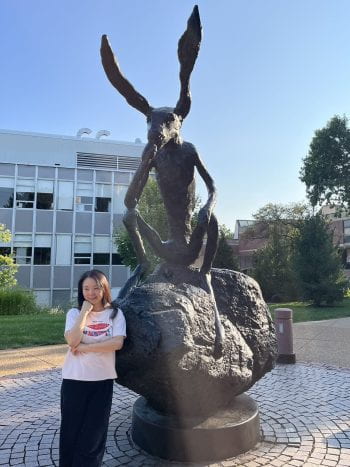
VISITING SCHOLAR
My research interest is in evaluating amino acid transporters as a potential imaging biomarker in MPNST as well as a potential therapeutic target.
Ishita Sachdeva

VISITING SCHOLAR
My interest is in understanding Chromosome 8 drivers in MPNST biology. I am also performing a retrospective review of MPNST treatment response to be used as a benchmark for determining meaningful responses in clinical trials.
Liuzhan Yang
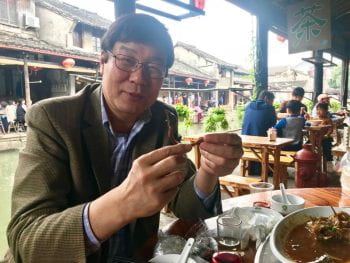
SENIOR RESEARCH TECHNICIAN
I have years of experience in academia and industry and have joined the lab part-time to aid in pre-clinical studies.
Paul Jones
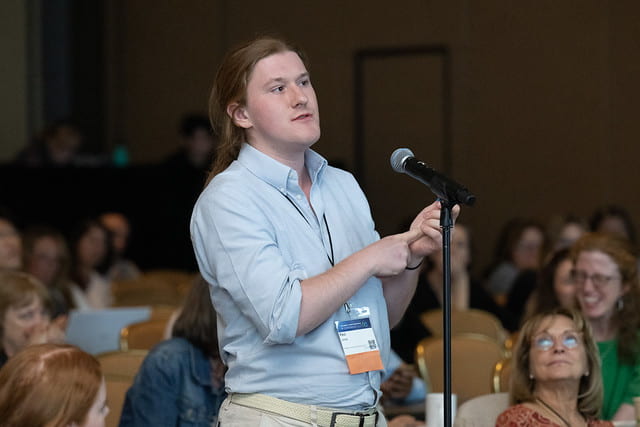
GRADUATE STUDENT
My work is aimed at utilizing ctDNA as a biomarker for early cancer detection in patients with NF1. I am also developing a murine ctDNA model to be used in preclinical studies.
Kuangying Yang
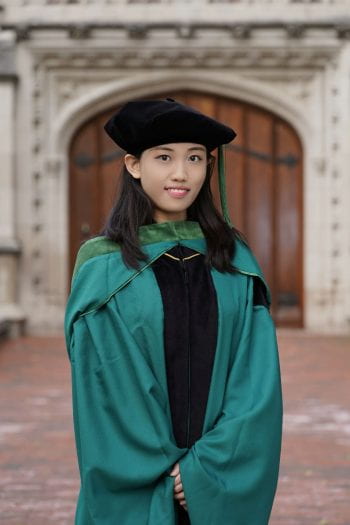
GRADUATE STUDENT
I am a PhD student in Human & Statistical Genetics at Washington University. My research interests are focused on the genetic profiles and therapeutic targets of MPNSTs. I am aiming to figure out the MPNST pathogenesis with bulk and single-cell RNA-Seq analyses so as to explore novel treatments for patients with NF1-MPNST.
Kangwen Xiao
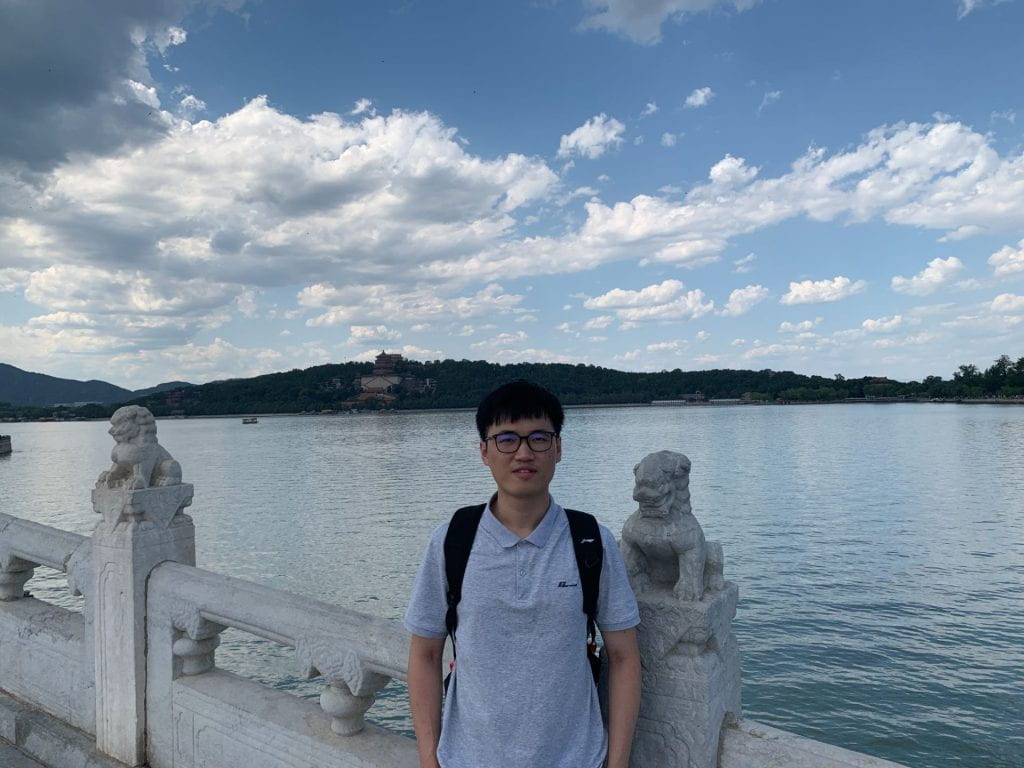
GRADUATE STUDENT
I come from Zhuzhou, a small southern city in China. I finished my medical school and residency in Zhongnan Hospital of Wuhan University before going to the WashU-MGG program. I am interested in determining genetic variants during the transformation of PNF to MPNST and prognostic biomarkers for the prediction of MPNST progression. Outside the lab, I like hiking and watching streaming.
Diana Akinyi Odhiambo
MSTP STUDENT
The lack of therapeutic targets due to limited understanding of molecular pathogenesis of MPNST, presents a major barrier in MPNST management. My project will focus on dissecting the role of UBR5, a E3 ubiquitin ligase in MPNST progression. The lab has previously demonstrated Chromosome 8 gain to be a near universal event in MPNST. Among the genes within chr8, UBR5 was found to play a significant role in MPNST survival as evidenced by reduced cell survival/increased cell death following UBR5 knockdown. I will focus on the role of UBR5 in MPNST cell survival and investigate mechanisms by which UBR5 mediates tumor growth. I will further delineate whether these effects are dependent or independent of UBR5 ubiquitin ligase activity. Through this project we hope to uncover potential therapeutic targets and molecular biomarkers for better management of MPNST.
Neha Amin

UNDERGRADUATE RESEARCH STUDENT
My project involves evaluating targeting the TYK2 kinase in treating Plexiform NF and MPNST.
Trisha Gannu
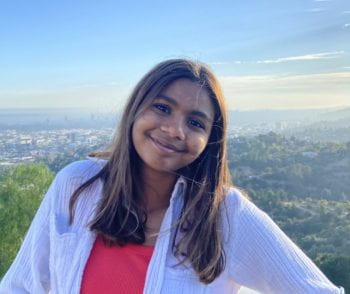
UNDERGRADUATE RESEARCH STUDENT
I am a sophomore at WashU, majoring in neuroscience. My current project focuses on evaluating combination therapies in PDX models of NF1-MPNST.
Aaron Bektas
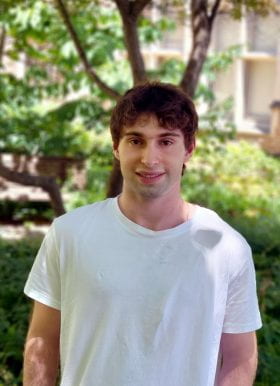
UNDERGRADUATE RESEARCH STUDENT
I am third year undergraduate student at WashU originally from Boston, MA. I am planning to major in biology on the pre-med track and then attend medical school. My current work in the lab involves utilizing cell-free DNA for diagnosis and monitoring of tumor evolution in MPNST.
Terrie Stald
ADMINISTRATIVE ASSISTANT
Lab Alumni
We have been very lucky to have worked alongside creative and interesting scientists in the Hirbe Lab. Sad for us, they have gone on to continue their aspirations and careers all over the country and the globe.
Divya Srihari
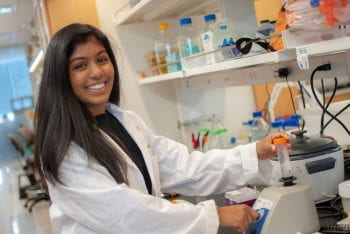
UNDERGRADUATE RESEARCH STUDENT
Kevin He

UNDERGRADUATE RESEARCH STUDENT
Medical Student, Washington University in St. Louis
Carina Dehner

ANATOMIC PATHOLOGY RESIDENT AND FUTURE DERMPATH AND BONE AND SOFT TISSUE FELLOW
Assistant Professor of Pathology, Indiana University
Layla Daud
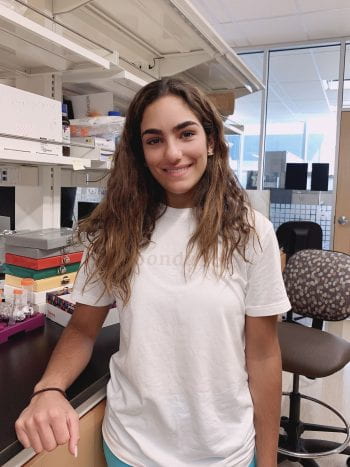
STARs High School Summer Student – 2022
Himanshi Bhatia

POST-DOCTORAL FELLOW
Associate Scientific Writer, Sanofi Global Hub
Vanessa Eulo

HEMATOLOGY/ONCOLOGY FELLOW
Dr. Vanessa Eulo, Assistant Professor, Sarcoma Section Head, University of Alabama, Birmingham
Hua Xu
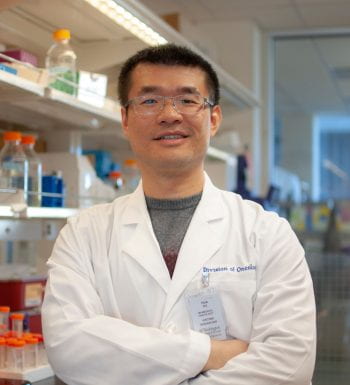
VISITING SCHOLAR
Attending physician from The First Affiliated Hospital of Nanchang University, Jiangxi Province, China
Xiaodan Wan
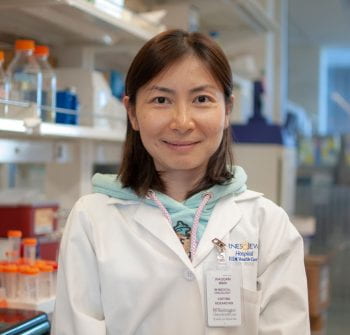
VISITING SCHOLAR
Attending physician from The First Affiliated Hospital of Nanchang University, Jiangxi Province, China
Zhaohe Zhou
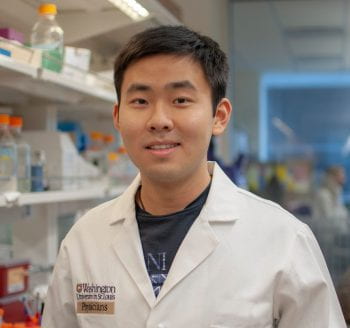
GRADUATE STUDENT RESEARCH ASSISTANT
Instructor, Chengdu University, China
Chang In Moon
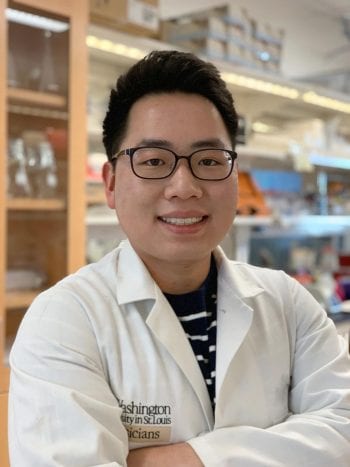
GRADUATE STUDENT RESEARCH ASSISTANT
PhD student, Baylor College of Medicine
Yuxi Wang
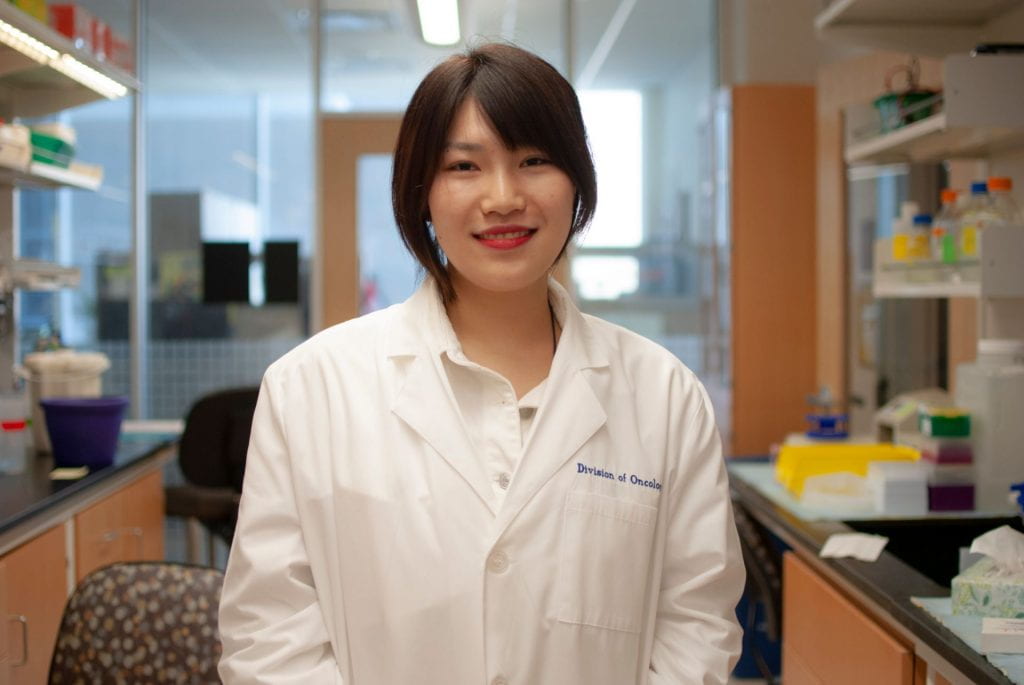
RESEARCH ASSISTANT
Masters student, University of Cambridge
Daniel Schefer
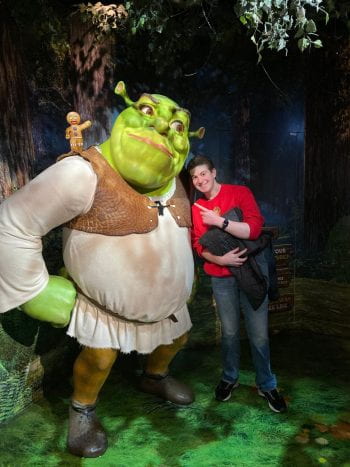
UNDERGRADUATE RESEARCH STUDENT
Scientist, Inspira
Hillary Dietz
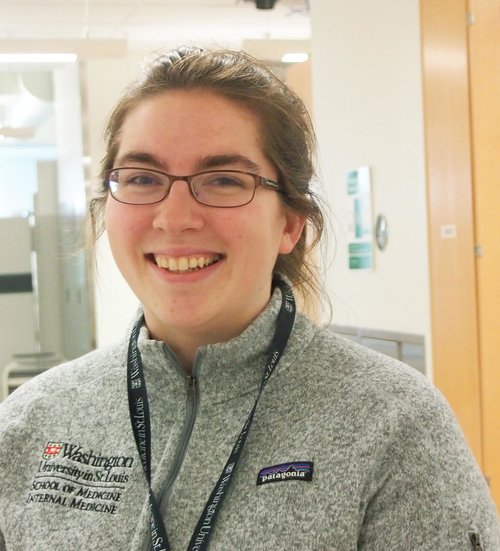
CLINICAL RESIDENT
Hematology Oncology Fellow, Duke University
Tyler Ball
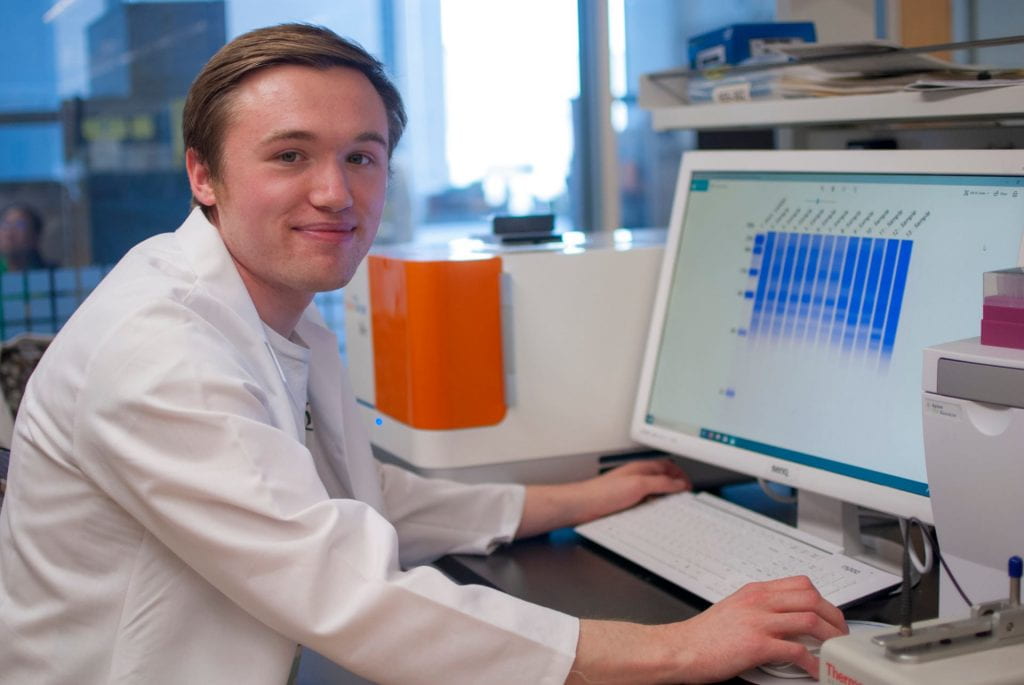
RESEARCH TECHNICIAN
Olivia Cobb
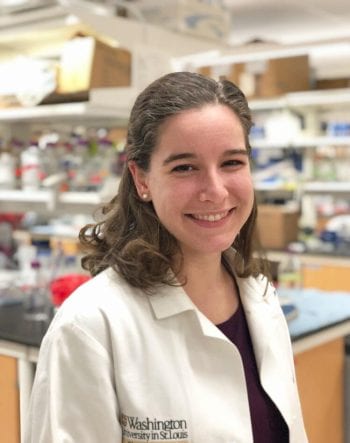
GRADUATE STUDENT RESEARCH ASSISTANT
Abigail Godec
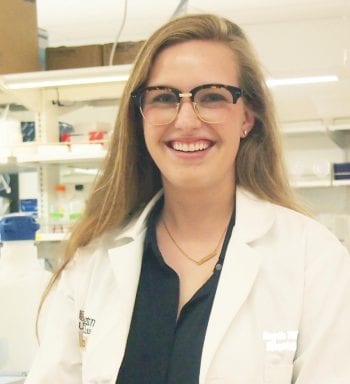
RESEARCH TECHNICIAN
MD/PhD Candidate at Michigan State
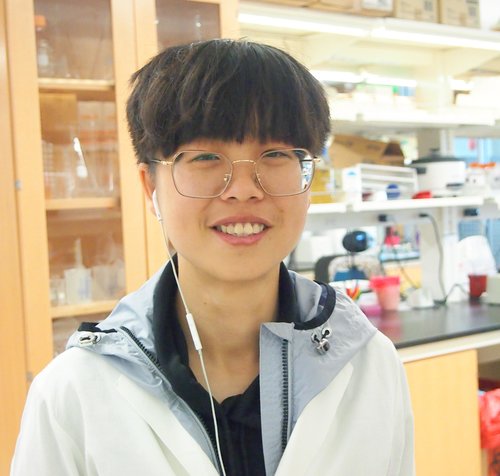
Wenjing Qin
GRADUATE STUDENT
Associate Researcher, Nanchung University
Xue-Liang Zhou
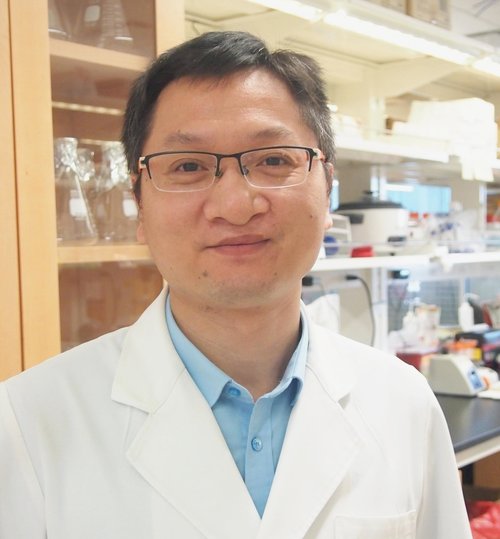
POST-DOCTORAL FELLOW
Associate Professor, Nanchung University
Neha Amin and Natalie Loveridge
STARs High School Summer Students – 2019
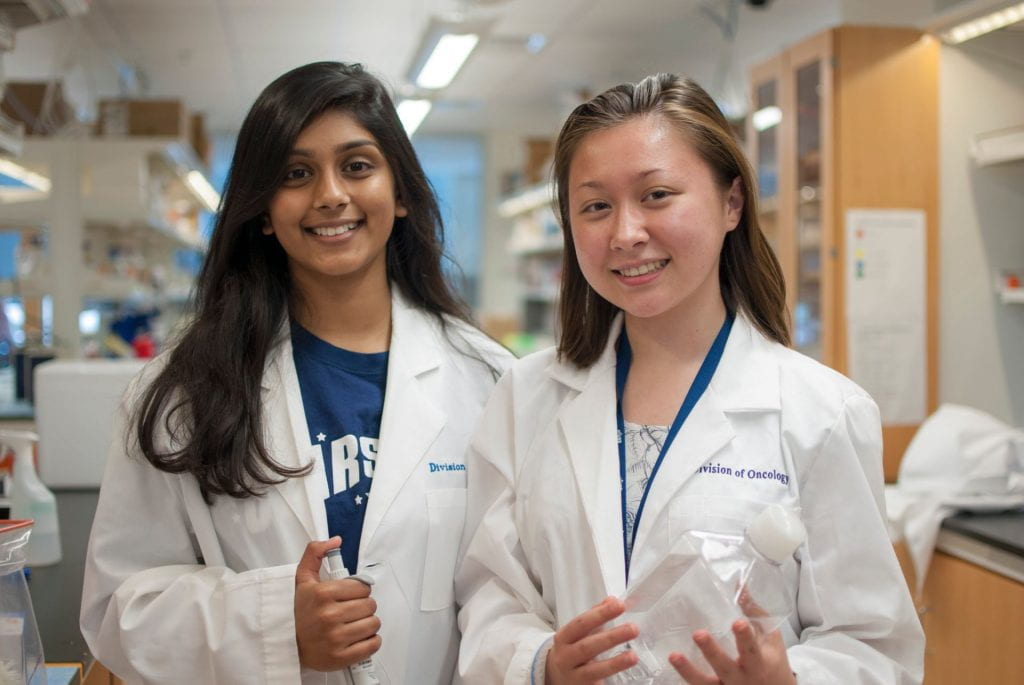
Emily Ristevski and Avi Saini
STARs High School Summer Students – 2018
